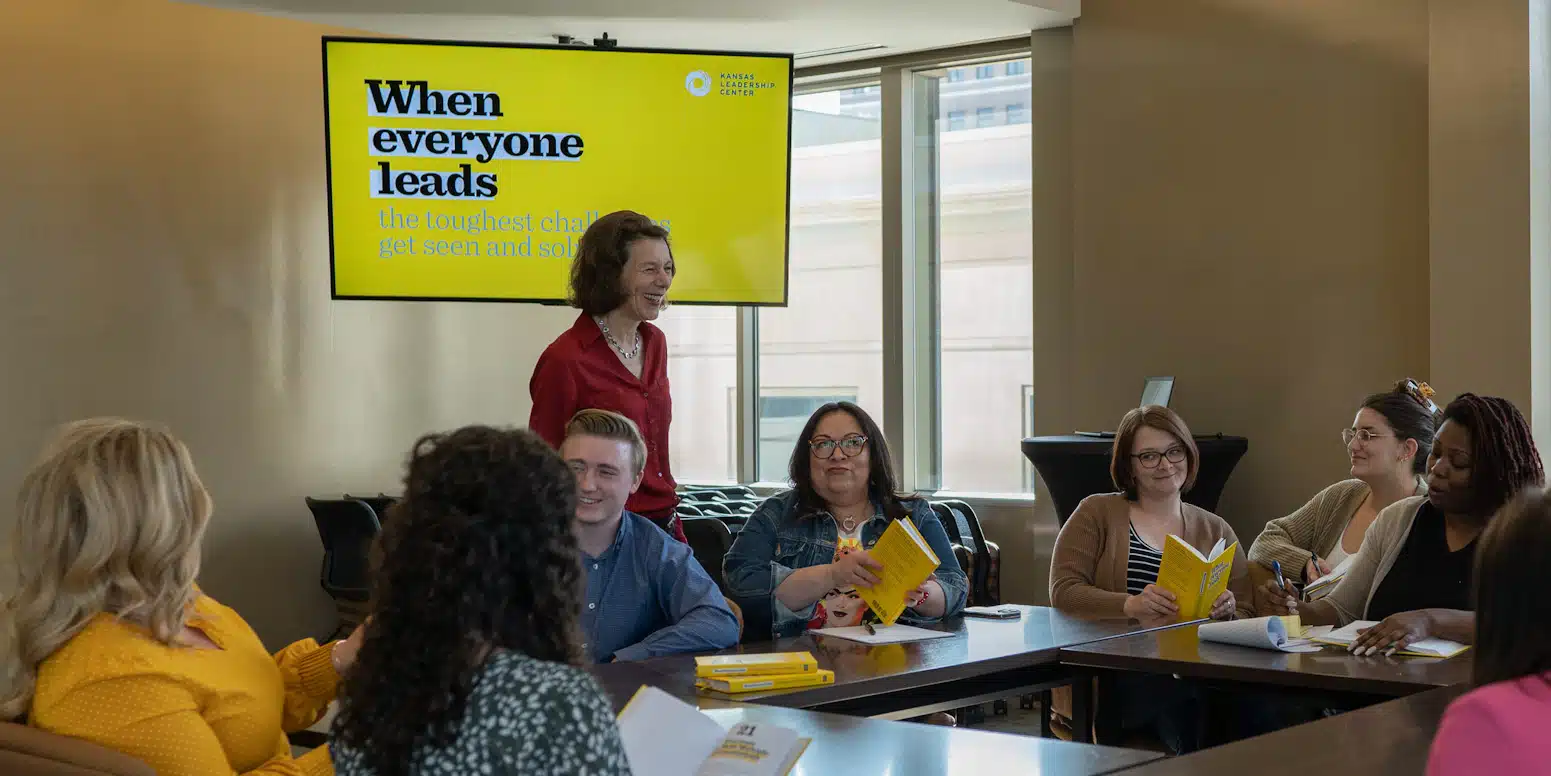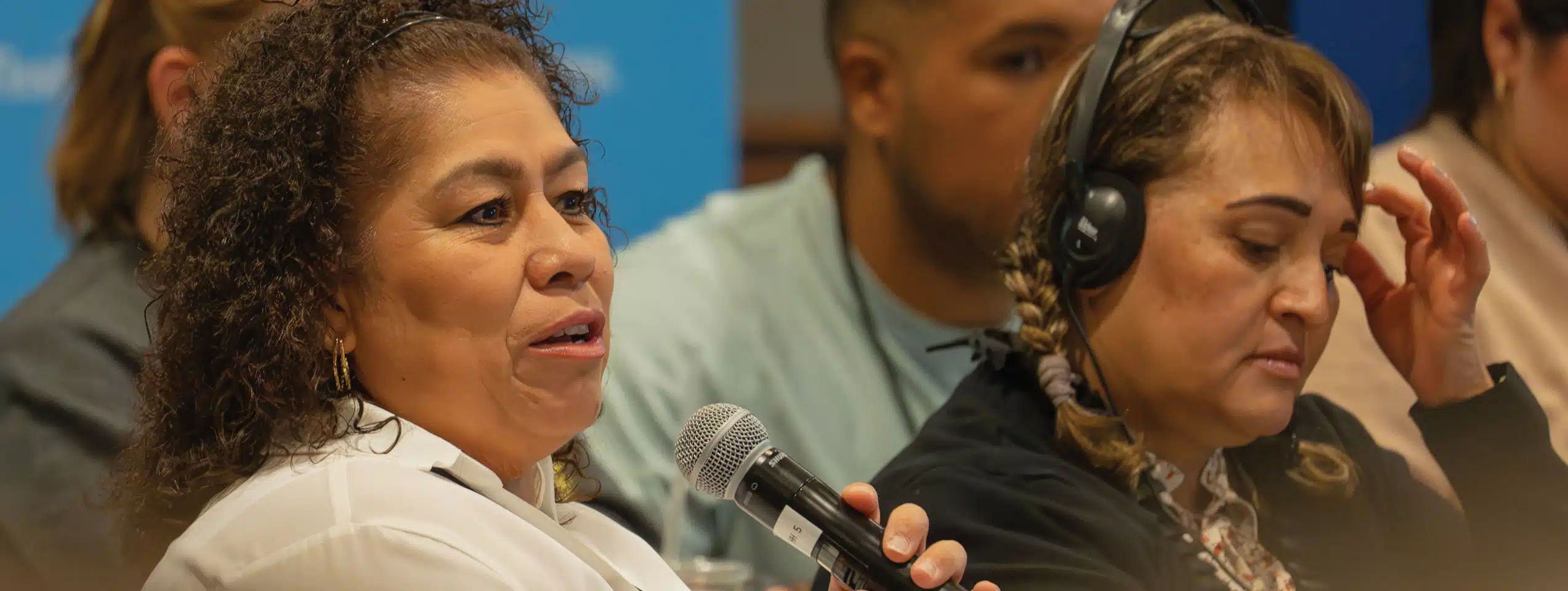The story of Charlie Schwarz and his church’s work in Wichita’s Planeview neighborhood
Summoning the will to continue
With his personal connections, he hadn’t found the project to be that hard of a sell. Schwarz says we all give in some way, and he reached out to his network and explained the need for better medical care in Planeview.
“It was almost an immediate buy-in,” he says.
Schwarz spent many nights tossing and turning. He would look over at his alarm clock and once again see a wee hour displayed.
“Psychologically, it just set me back,” he says.
A couple of months passed. Schwarz continued to fret, and his wife encouraged him to remember “the prayer that never fails, ‘God’s will be done.’”
Schwarz felt immense pressure, and he largely bore the weight of this setback himself. He didn’t report back to Hunter Health or to his congregation that he was out of ideas.
Gannon, the pastor, says part of Schwarz’s feeling that he was a lone ranger on the project was by design. Each facet of the church’s work in Planeview needed one point person, and Schwarz took that role with the clinic. It simply would be too difficult for residents, contractors and grantors to deal with multiple people. Gannon says the church was there to support Schwarz, but he can understand how Schwarz would be carrying more weight on his shoulders than others were.
Schwarz was afraid he had made the same mistake that other fly-by-night organizations had made in Planeview – swooping in and under-delivering. And he wasn’t only worrying about the Planeview residents and their need for better medical care; he was sick thinking of the time and effort the architects, engineers and contractor had put in, all persuaded by him. Would it all be for naught?
It was November 2010, and Schwarz was still in a holding pattern on the clinic. He read something about the Wichita Community Foundation and began to consider another “ask.”
He called Carol Nazar, the Wichita Community Foundation’s director of donor and grant making services. Nazar says Schwarz was very convincing and succinct on the phone, so she asked him to come in for a meeting.
Nazar recalls that Schwarz was open and matter of fact, telling her that he needed $100,000, that he had no idea how to fundraise but that he had a business plan with supporting documentation.
“He just is knocking over the bowling pins,” Nazar says.
Funders, she says, look for three things: clarity of vision, clear establishment of need and sustainability. “He had all three, right on the head.”
Because it was near the end of the year, Nazar had only $40,000 left in an unrestricted grant pool at her disposal. But she told Schwarz she would run his proposal by two private foundations she knew.
“You would do that for me?” Schwarz said.
Nazar said of course, and that was the first hint she had gotten that Schwarz had been utterly discouraged.
Nazar was able to call Schwarz fewer than 10 days later with good news: The community foundation board had voted to allocate its remaining $40,000 to the clinic proposal, and two private foundations stepped up anonymously to cover the rest.
“In all my years of doing this, I’ve never seen a project jell that quickly,” Nazar says.
In fact, she has gone to these same foundations on other proposals and gotten turned down.
Nazar can’t point to one thing specifically that made Schwarz’s proposal a success – perhaps a combination of training, faith and business acumen along with a synchronicity of timing.
The building continues
Construction on Planeview’s new Hunter Health Clinic building was completed in fall 2011. Both the groundbreaking and the later dedication were thrilling, Schwarz says. Planeview residents, many of whom don’t have cars, now have easier access to medical care, and the clinic is being well utilized.
Quisenberry, the senior services coordinator, says the clinic has been a significant achievement. “Who knows how many lives you saved?” she says. Because of Schwarz’s middle-class network, he was able to do something that the people of Planeview didn’t have the connections to get done themselves.
Still, she says, “I’m not sure it translates into ‘street cred.’” Residents may be using the health clinic but may not realize that Schwarz, Chapel Hill and the Planeview Transformation Coalition were behind it.
Meanwhile, Schwarz has been rebuilding the tax and accounting business that he previously ran before taking and losing his corporate job.
Beyond filling a need for Planeview, the construction of the clinic buoyed both him and the Chapel Hill congregation, a tangible achievement to inspire further work.
Simultaneously, Schwarz had been working with The Lord’s Diner, a ministry of the Catholic Diocese of Wichita, to open a satellite location in Planeview. It opened in mid-2011. The new Lord’s Diner is just one of a few positive developments in Planeview that have followed the construction of the clinic. The Catholic Diocese also opened the Guadalupe Clinic on South Hillside, and GraceMed is opening a clinic next to Jardine Middle School. A Save-A-Lot grocery store has also opened in the area.
Al Rose, the 25-year Planeview resident and retired United Methodist minister, says he knows the coalition has made “a whale of inroads” into developing trust in the community. Now others, including city officials, are paying more attention to Planeview, Rose says.
But Schwarz isn’t done with his work in Planeview. He and his congregation were serious about their 10-year commitment and their goal to transform lives using their faith in Jesus Christ. Gannon, the pastor, is adamant that Chapel Hill folks not view the people of Planeview as a project; he doesn’t want to objectify them.
Today, Methodists, Lutherans and Episcopalian are working together to support a fledgling new Spanish-speaking church inside Brookside United Methodist Church.
Schwarz’s hopes for Planeview’s Spanish-speaking residents lie with this new congregation. He says the ultimate goal of the Planeview Transformation Coalition is to transform not just the community, but the people inside the community.
“This is where we develop the trust,” Schwarz says.
But keeping that trust requires a constant effort, even after a successful project. In the intervening years since the clinic was built, Quisenberry says, the coalition has been less visible and doesn’t seem to have as much momentum. Yet she appreciates the effort Schwarz put into learning about Planeview and poverty.“He’s still there, and that’s a huge accomplishment,” she says. Too often, well-meaning individuals and organizations burn out. In systemic poverty, any improvements are ever so incremental, which can make the desire to help hard to sustain.
Schwarz is still thinking about big ideas to help the Planeview neighborhood. At a recent organizational meeting, Schwarz went out on a limb – way out. His idea is to tear out all the pews in Brookside.
To Schwarz, the underused sanctuary (only two hours per week) is a prime candidate for flexible meeting space. He envisions stackable chairs and partition walls so that the space can be multipurpose.
“The physical structure is not the church,” Schwarz says. “A pew or a chair is not the church. … The church is the people. Our church is outside these four walls.”
Only time will tell where Schwarz’s ideas will lead and where his congregation’s efforts in Planeview will go next.


